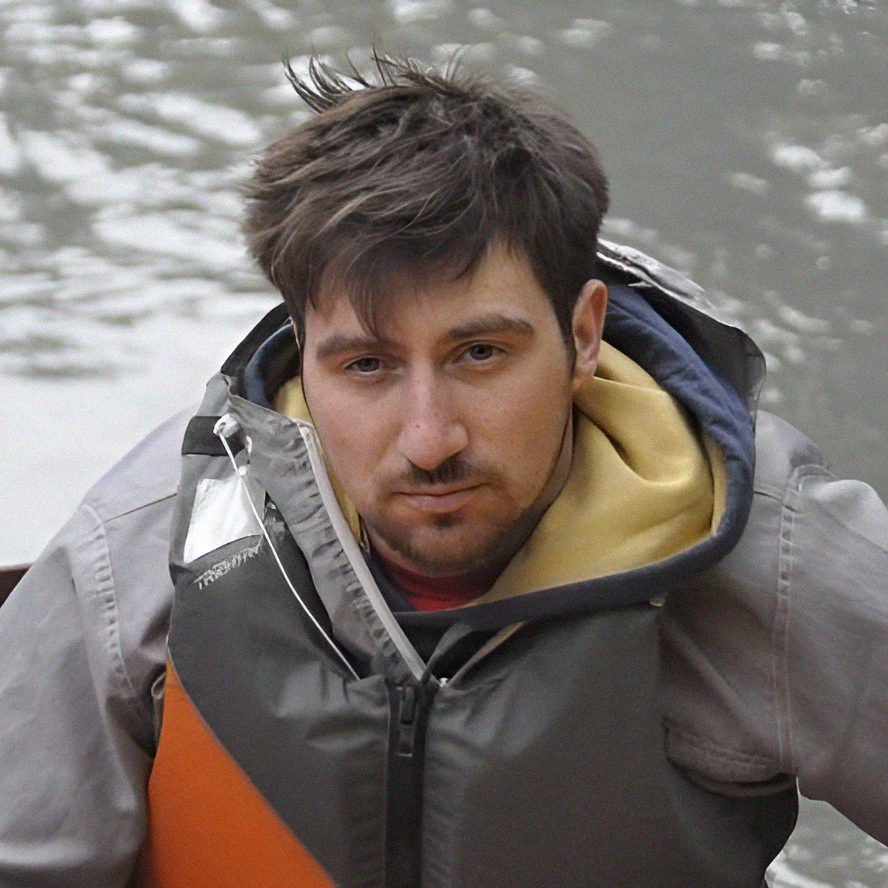Konstantin Burlachenko is a systems-oriented researcher specializing in scalable, high-performance scientific software. His work bridges theoretical algorithm design with practical, compute-efficient implementations. He aims for substantial practical improvements over the status quo and new perspectives on theoretically optimal algorithms.
Education and Experience
Konstantin received his M.S. in Computer Science and Control Systems from Bauman Moscow State Technical University 2009. Following graduation, he worked as a Senior Engineer at Acronis, Yandex, and NVIDIA, later becoming a Principal Engineer at Huawei.
From 2015 to 2019, he completed the Non-Degree Option Program at Stanford University, earning two graduate certificates:
In 2020, Konstantin returned to academia to deepen his scientific expertise, conduct rigorous research, and pursue a Ph.D. in Computer Science at KAUST.
- 2020: Member of Peter Richtárik’s Optimization and Machine Learning Lab, part of the KAUST AI Initiative led by Jürgen Schmidhuber.
- 2021: Offered an AI and Systems Co-Design internship at Meta, USA.
- 2024: Interned with the Private Federated Learning ML team at Apple, UK.
- 2025: Defended his Ph.D. dissertation, “Optimization Methods and Software for Federated Learning,” before a committee of global leaders in optimization, systems, HPC, control, and AI: Peter Richtárik, Stephen Boyd, Nic Lane, David Keyes, Eric Feron, and Suhaib Fahmy.
Conferences
His research has been presented at leading venues, including:
- Neural Information Processing Systems (NeurIPS)
- International Conference on Machine Learning (ICML)
- International Conference on Learning Representations (ICLR)
- Transactions on Machine Learning Research (TMLR)
- SIAM Journal on Mathematics of Data Science (SIAM SIMODS)
- ACM International Workshop on Distributed Machine Learning (ACM CoNext)
Awards
- Dean’s Award, 2020 (KAUST)
- Grant from the Saudi Authority for Data and Artificial Intelligence, 2022 (SDAIA)
- AMD Radeon Instinct MI50 from AMD Inc., 2022 (AMD)
- Dean’s List Award, 2023 (KAUST)
- Grand Challenge Project Proposal Grant (Shaheen III CPU), 2024 (Shaheen III)
- Co-secured a 4-year RDIA grant, 2025 (RDIA)
He also holds the title of Candidate Master of Sport in Chess, awarded by the International Chess Federation (FIDE).
Additional Interests
Konstantin’s broader interests include:
- Scientific Software Development
- GPGPU and Compute Performance Optimization
- System Programming and Compute Architecture
- Computer Graphics and Physics-Based Simulation
